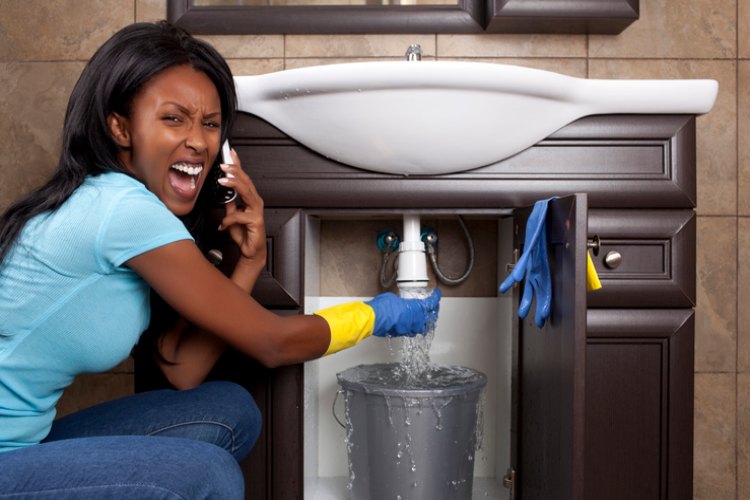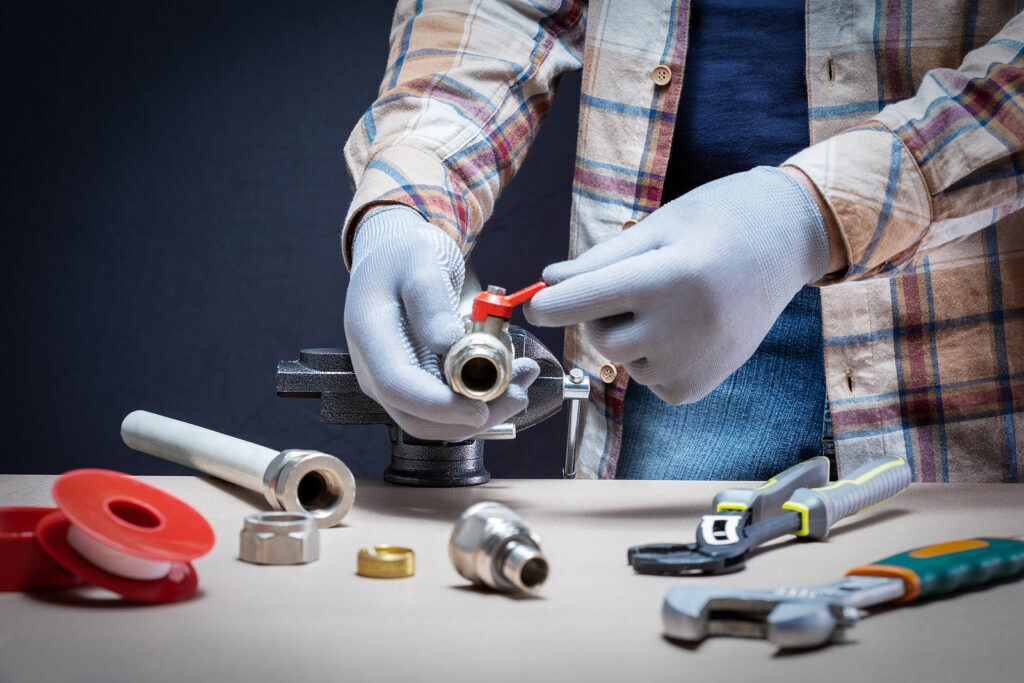Ways to Manage Emergency Plumbing Issues Before Professional Help Arrives
Ways to Manage Emergency Plumbing Issues Before Professional Help Arrives
Blog Article
How do you really feel with regards to Expert Tips for Managing a Plumbing Emergency Until Help Arrives?

Pipes emergencies can strike at any moment, triggering stress and anxiety and potential damage to your home. Whether it's a burst pipeline, a clogged up drainpipe, or a leaky faucet, understanding just how to take care of the circumstance until a specialist plumbing arrives can conserve you from further difficulties. This post provides crucial emergency pipes suggestions to aid you alleviate damage and gain back control during a pipes crisis.
Switch off the Supply Of Water
The very first step in any type of pipes emergency is to shut down the supply of water. For local problems, such as a dripping faucet or commode, turn off the shutoff near the fixture. When it comes to a significant leak or burst pipeline, locate your home's primary water shut-off shutoff and turn it off right away. Knowing the place of these shutoffs in advance can conserve valuable time throughout an emergency situation.
Turn off Your Hot Water Heater
In certain emergencies, such as a burst pipeline, it's wise to turn off your hot water heater. This prevents getting too hot or damages to the unit when water stops streaming. Switch off the power supply to the water heater (electric or gas) and allow it cool off to stay clear of potential risks.
Momentarily Stop a Burst Pipeline
A ruptured pipe can result in considerable water damages in minutes. To reduce the problem:
Call an expert plumbing technician quickly to address the problem permanently.
Have an Emergency Pipes Package
Prepare a standard pipes emergency kit to deal with minor problems successfully. Your package needs to consist of:
Having these devices on hand can make a considerable distinction in your capacity to take care of emergencies.
Unclog Drains Safely.
A blocked drainpipe can be an irritating and unpleasant problem. Right here's exactly how to tackle it:.
If these approaches don't function, prevent making use of extreme pressure, as it may get worse the blockage.
Handle Overflowing Toilets.
An overflowing bathroom can create immediate turmoil. Here's what you ought to do:.
Address Tiny Leaks with Temporary Solutions.
Little leakages can swiftly become substantial issues if left unchecked. Make use of these short-term solutions up until professional aid arrives:.
While these solutions aren't permanent, they can help lessen water loss and damage.
Manage Frozen Piping Carefully.
In chillier environments, icy pipelines are an usual emergency. If you believe a frozen pipeline:.
Know When to Call a Specialist.
While quick fixes can aid temporarily, certain plumbing issues require immediate professional attention. Call a plumbing if:.
Immediately speaking to a professional ensures the problem is solved properly and protects against more complications.
Avoid Additional Damages.
Taking fast action to reduce damage can save you time and money over time. Here's how:.
Conclusion.
Pipes emergency situations can be frustrating, however with the best knowledge and tools, you can take care of the scenario successfully up until help arrives. By switching off the water system, attending to small leaks, and making use of momentary repairs, you can minimize damages and maintain your home safe. Keep in mind, these tips are short-lived options; always speak with a licensed plumbing professional to deal with the root cause of the trouble. Prep work and quick reasoning are your finest allies in any pipes emergency.
8 Helpful Tips for Managing Plumbing Emergencies at Home
If your plumbing system hasn’t failed once, wait for it because almost everyone has a story to tell. Sometimes, it could be simple emergencies such as a leaking pipe, a blocked cistern, or even a big burst pipe. In situations like this, you need to have some handy tips to save you some money and from possible damages.
Take care of minor issues early.
Sometimes, you could have avoided an emergency by taking proactive measures while it was still early. Some major plumbing emergencies can be a result of an ignored minor issue. We recommend that you have items like plumbing tapes and other related items. A plumbing tape can allow you to manage minor leaks before the plumber arrives.
Cut off the water supply.
This tip is essential in almost any type of leakage problem. For problems like minor leakages in the toilet or kitchen, turn off the supply that takes water to the affected pipes. If the leakage is a major pipe, you must shut off the supply valve to the entire building. This will help you avoid flooding your home and neighbors if you share a flat.
Know your plumbing system
Folks typically move into a new apartment without understanding the water supply around the building. This can prove disastrous if a water emergency arises and the plumber is far away. The previous tip will prove useless if you don’t practice this one. More importantly, know where your water shut-off valve is located – you’ll need that knowledge to prevent potential home floods.
Have some common handy tools
There are lots of plumbing emergencies that you can handle without hiring a plumber. That’s why you must keep some tools available always. Some tools that you can use to fix simple plumbing emergencies easily include plumbing tapes, screwdrivers, thread seal tapes, plungers, pliers, tape measures, and rubber gloves.
Insulate your pipes from cold
You’ll save yourself from many plumbing expenses if you protect your water pipes from the cold. This is because of the harmful effects that cold weather can have on your pipes. During winter, your pipes can burst from being overly expected to freezing temperatures. So, make sure insulators are there to keep the pipes working correctly.
Avoid practices that will clog your toilet.
Many people indulge in practices that can damage the plumbing system of the entire building. One of these is when they use their toilet to dispose-off garbage. They flush all kinds of things, such as paper towels, bandages, hairs, female sanitary products, etc., down the toilet. This will block your toilet in the long run, incurring unnecessary expenditures. Dump such waste in the trash instead.
Check your dials regularly.
Sometimes, there could be leakages in your home without noticing them in time. So, constantly monitor your water meter dial. If the dial is reading when there is nobody using water, this is an indicator that there is leaking. Check for leaks immediately. Call a plumber as soon as possible if you can’t find any.
https://www.constructionplacements.com/8-helpful-tips-for-managing-plumbing-emergencies-at-home/

I discovered that piece on Plumbing Emergencies: Tips on What To Do Before while doing a lookup on the search engines. In case you appreciated our blog posting plz consider to pass it around. Thanks so much for your time spent reading it.
Book Inspection Report this page